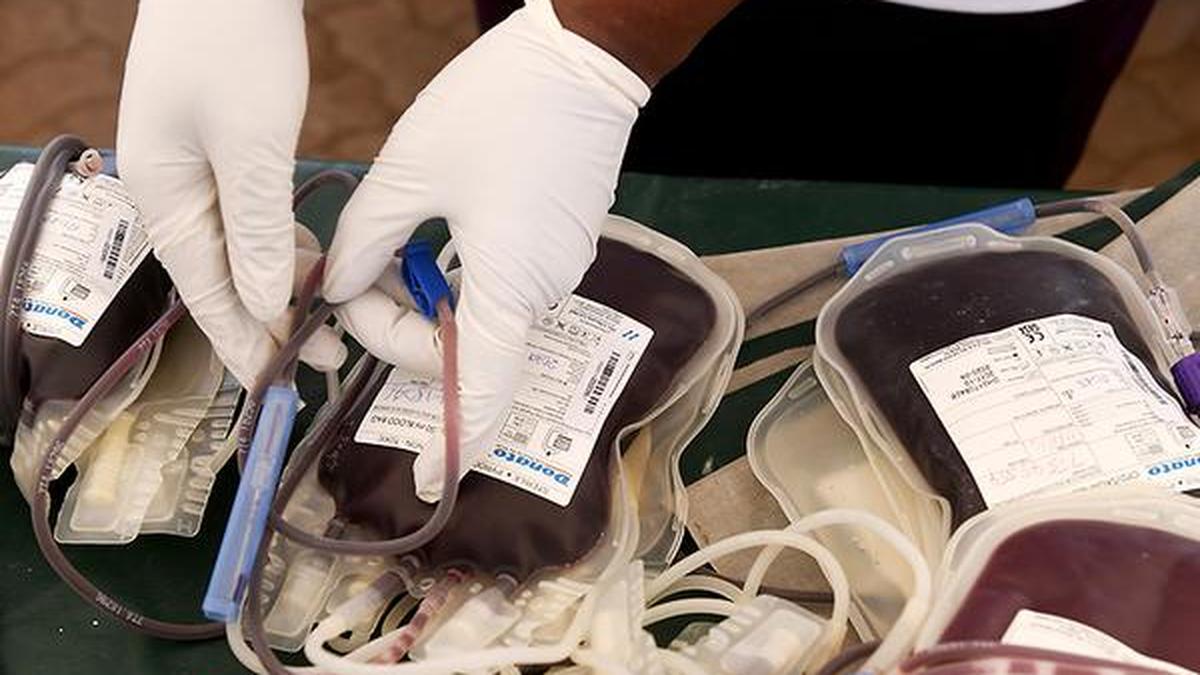Home / Health / Tainted Blood Transfusions Infect Children with HIV in Jharkhand
Tainted Blood Transfusions Infect Children with HIV in Jharkhand
15 Nov, 2025
Summary
- 5 children with thalassemia contracted HIV from contaminated blood transfusion
- Gaps exist in India's blood testing protocols to ensure safe blood supply
- Experts call for improving blood screening to prevent future incidents

Last month, a devastating incident occurred in Jharkhand, where five children with thalassemia, an inherited blood disorder, contracted HIV following a blood transfusion. Initial investigations revealed that the blood they had received from a local blood bank was contaminated.
While the Jharkhand government has taken swift action, suspending officials and announcing compensation, the underlying issue remains - the blood given to these children was unsafe. Blood is a critical medical resource, used across thousands of hospitals daily, and there are regulations in place to ensure infected blood is not transfused. However, the recent tragedy has exposed significant gaps in India's blood testing protocols.
Transfusion medicine expert Dr. Rizwan Javed explains that the 'window period' when it comes to detecting infections is a crucial factor. He emphasizes the need to shorten this window and strengthen the overall testing mechanisms to make the blood supply safer for all patients in need. Experts call for a comprehensive review of the existing system and implementation of robust measures to prevent such incidents from occurring in the future.


